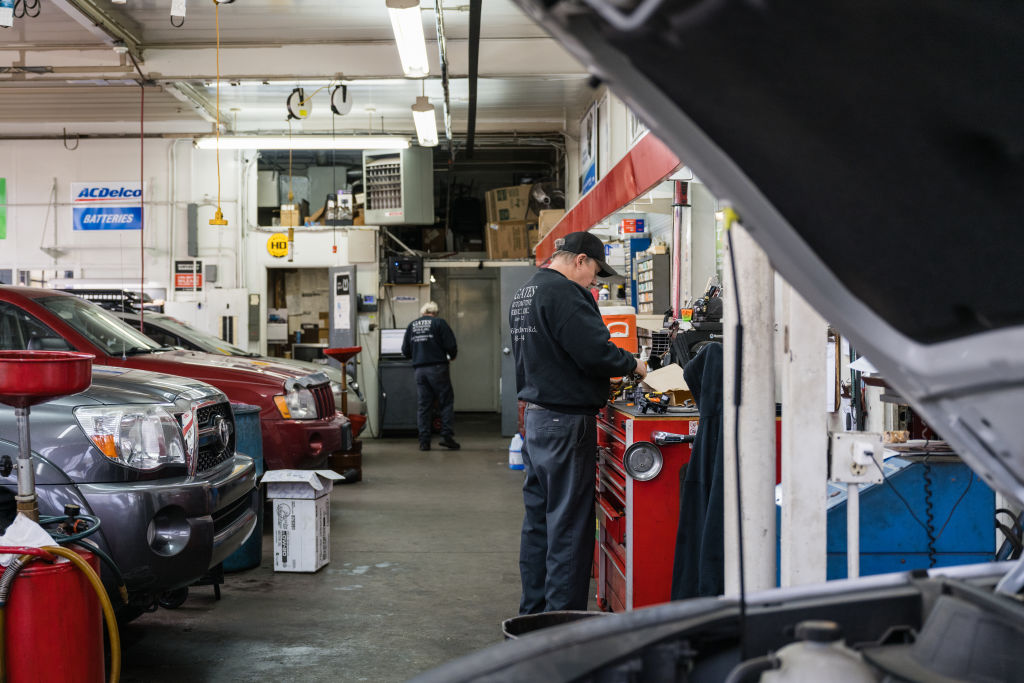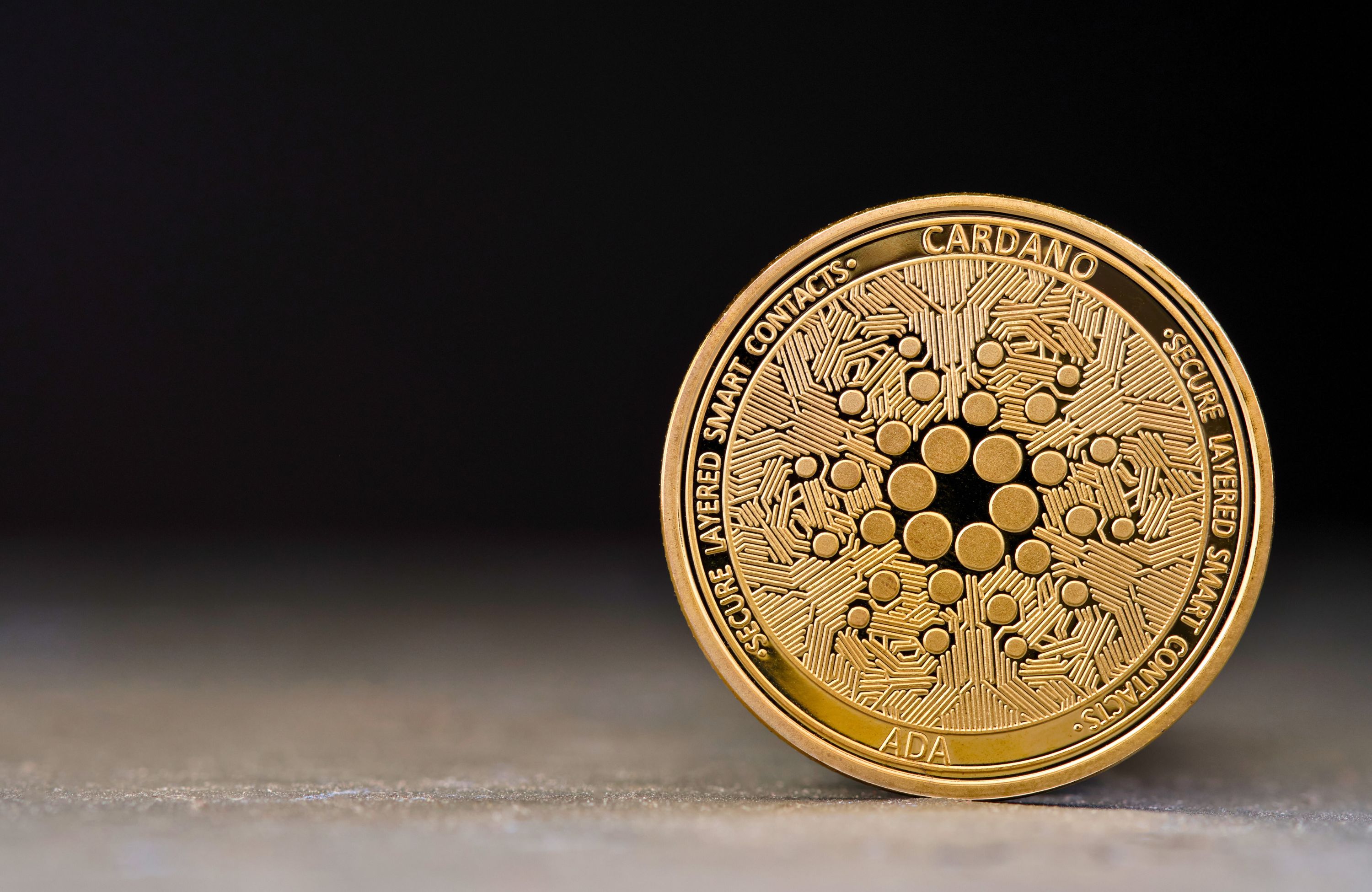How Aging Affects the Immune System

Growing older is unavoidable. Each year that passes brings joys like greater freedom and wisdom-even more reason to keep our bodies active and healthy. We are living longer, fuller lives than ever before. And healthy aging is top of mind-not just for older adults, but for anyone looking to live their best, most-fulfilled life.
Age effect on the elderly immune system is of increasing concern. The immune system is our primary defense, constantly guarding against foreign or harmful substances that threaten our body's intricate balance. One of the most recognized health consequences of aging is a decline in immune function. Luckily, strategies exist to counteract a weakened immunity.
Combining Forces
Our active lives create an endless array of experiences, testing the limits of our internal functions along the way. As we reach late adulthood, some of these systems weaken. Immunosenescence refers to natural immune system changes that occur with age and affect both our innate and adaptive immunity.
Your innate immune system consists of physical and chemical barriers, like skin, mucous membranes, and stomach acid, to fight general pathogen invaders from entering the body.
It's our first line of defense, taking action very quickly.
The adaptive immune system is more specialized. It steps in if our innate system fails to fight off harmful pathogens, targeting the invasion with precision. Although the adaptive immune response may take longer to remove pathogens from the body, what it lacks in speed, it makes up for in sophistication. Adaptive defenses-including T lymphocytes, B lymphocytes, antibodies, and cytokines in blood and tissue-produce memory cells that can remember antigens your body has battled before-antibodies.
The Aging Immune System
Both immune systems work closely on separate tasks, mutually fighting in the body's defense. Age-associated immune dysfunction, immunosenescence, can cause increased susceptibility to infections and heightened onset and progression of autoimmune diseases. Aging immune decline presents in the following ways:
-
* T cells respond to antigens at a slower rate.
-
* Immune system becomes less adept at distinguishing itself from foreign antigens.
-
* Macrophage (a cell found in tissues that eats bacteria and foreign cells) ingestion slows down.
-
* Fewer white blood cells respond to new antigens, leaving the body unable to remember and efficiently protect against them.
-
* Less complement proteins, the body struggles to produce them to defend against bacterial infections.
-
* Antibodies that remember and respond to antigens are less efficient at attaching to invaders. This may explain why vaccines are less effective in older people.
Natural aging leads to a less effective immune response. And proactive lifestyle habits to support a healthy nutrition, thriving body are necessary at every stage of life. While you can't avoid growing older, you can support your immune system by striving to improve how you age.
Lasting Immune Support
Longevity is influenced by a combination of genetics, environment, and lifestyle. We're all growing older. Yet, it's possible to counteract many of the negative effects of aging. Adopting habits to support your immune system and healthy cellular function go hand in hand with many lifestyle and mental health strategies.
Develop some new, simple habits to help boost your whole-body health and offer more support for your aging body:
-
1. Spend more time outside-soak up vitamin D, an important human genome regulator
-
2. Expand your social circle-positive connections boost overall health and life expectancy
-
3. Wash your hands-lather and scrub often to help prevent the spread of germs
-
4. Exercise daily-for improved energy and sleep
-
5. Keep your water bottle nearby-proper hydration helps to keep your body systems in balance, including your immune system
-
6. Floss often-this habit is linked to preventing heart disease
-
7. Improve your body composition-reduces inflammation to support your immune system over time
-
8. Destress with meditation, breathing techniques, prayer-anything to help you pause, connect, and develop mental resilience
-
9 Regular medical checkups-identifying illness or disease early means you're always on top of your health
-
10 Reduce your screen time-fight inactivity, mindless snacking, and isolation by turning off the screen to enjoy a favorite hobby or spend time with loved ones
-
11. Hone your sleep hygiene-insufficient sleep can cause cells to age quicker
You can't control the passing of time, but you can always strive to live a healthy life. There are many aspects you can't control as you grow older. Aging may naturally affect your immune system due to genetic factors, but It's especially important to continue to include active, healthy-living strategies daily in elderly communities. Creating healthy habits at any age is the best defense against the inevitable impact of aging.
Copyright © MoneyTimes.com
* This is a contributed article and this content does not necessarily represent the views of moneytimes.com












